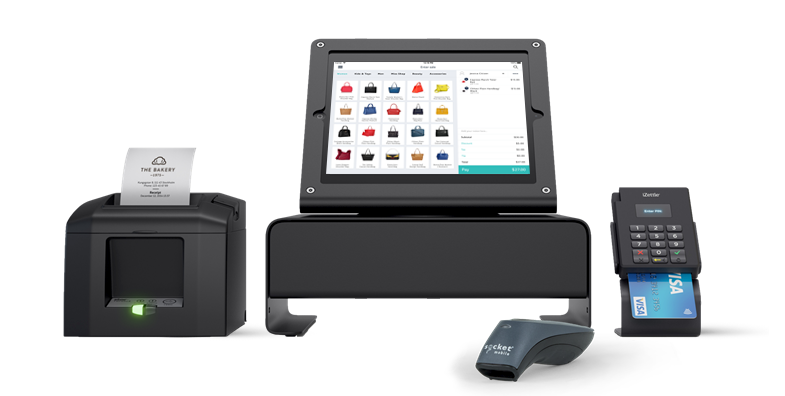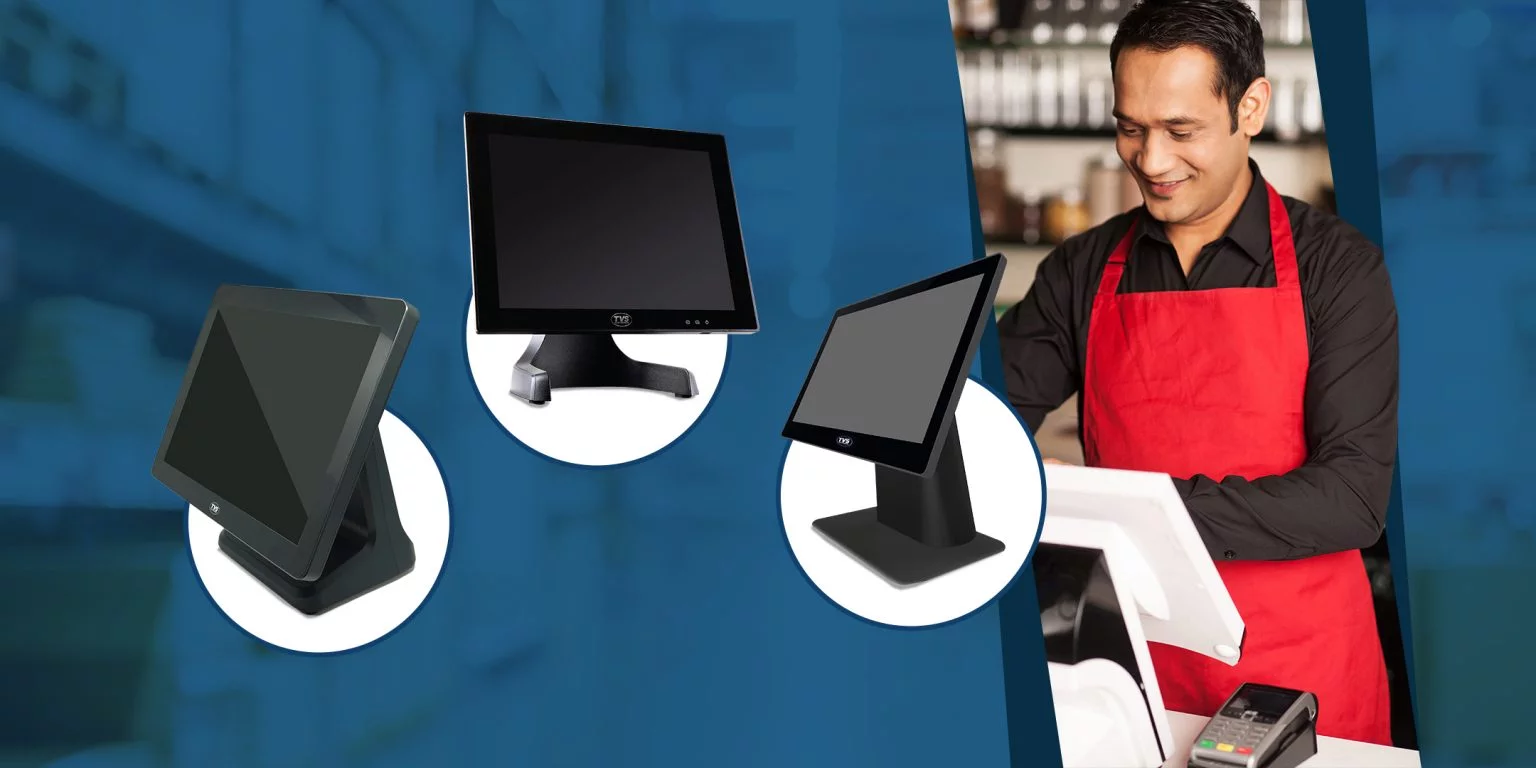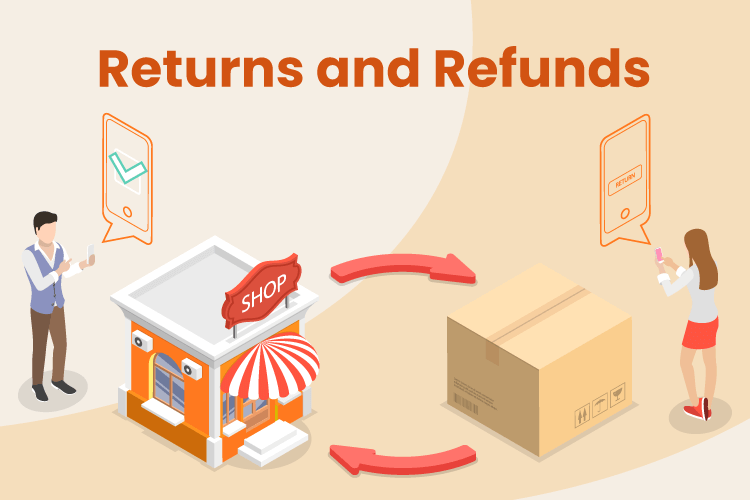POS Systems and Their Role in Multi-Store Management

Managing multiple retail locations is no small feat. It involves a delicate balance of overseeing inventory, maintaining consistent customer experiences, tracking sales performance, and ensuring smooth operations across all stores. This is where modern Point of Sale (POS) systems step in as indispensable tools. They not only simplify multi-store management but also provide powerful insights to help businesses thrive in competitive markets.
The Challenges of Multi-Store Management
Running multiple stores introduces complexities that single-store operations may not encounter. These include:
- Inventory Oversight: Ensuring each store has the right stock levels to meet customer demand without overstocking.
- Sales Tracking: Consolidating sales data from different locations into actionable insights.
- Operational Consistency: Maintaining consistent pricing, promotions, and branding across all outlets.
- Employee Management: Overseeing staffing schedules, productivity, and training across stores.
- Customer Experience: Ensuring customers receive the same quality of service, regardless of the location they visit.
Traditional manual methods struggle to address these challenges effectively, often leading to inefficiencies, errors, and missed opportunities. This is where POS systems come to the rescue.
How POS Systems Simplify Multi-Store Management
Modern POS systems are equipped with features tailored for multi-store operations. Here’s how they make life easier for business owners:
1. Centralized Inventory Management
A POS system provides a unified platform to monitor inventory across all locations.
- Track stock levels in real time for each store.
- Easily transfer inventory between locations to meet demand.
- Set up automated alerts for low-stock items, ensuring timely replenishment.
This level of control reduces stockouts, minimizes waste, and ensures each store is well-prepared to serve its customers.
2. Real-Time Sales Tracking
POS systems enable business owners to track sales from multiple locations in real time.
- Access consolidated reports that display performance metrics for all stores.
- Compare sales trends and identify top-performing locations.
- Use data-driven insights to plan future promotions and marketing strategies.
With this functionality, decision-makers can quickly identify what’s working and what needs improvement, streamlining their strategic planning.
3. Consistent Pricing and Promotions
Managing pricing and promotions across multiple stores can be tricky. POS systems ensure consistency by:
- Enabling centralized control of pricing updates.
- Rolling out promotions, discounts, and loyalty programs across all stores simultaneously.
- Preventing discrepancies that might confuse customers or staff.
Consistency strengthens brand identity and improves customer trust, which is vital for multi-location businesses.
4. Streamlined Employee Management
From scheduling to performance tracking, POS systems help manage employees across multiple stores.
- Create and manage staff schedules efficiently.
- Track employee performance, including sales achievements and attendance.
- Offer secure access to employees based on their roles and responsibilities.
This ensures employees are accountable and productive, contributing to smooth store operations.
5. Enhanced Customer Experience
POS systems allow businesses to provide seamless experiences for customers across all locations.
- Implement unified loyalty programs that reward customers regardless of where they shop.
- Personalize customer interactions using purchase history and preferences stored in the system.
- Enable omnichannel experiences by integrating with e-commerce platforms.
Happy customers are more likely to return, boosting loyalty and revenue.
Cloud-Based POS Systems: A Game-Changer for Multi-Store Management
Cloud-based POS systems have revolutionized how businesses manage multiple stores. Unlike traditional systems, cloud-based solutions offer unparalleled flexibility and scalability.
Key Benefits of Cloud-Based POS:
- Accessibility: Monitor and manage all stores remotely using any internet-enabled device.
- Scalability: Easily add new locations to the system without major upgrades.
- Data Security: Benefit from robust security features that protect sensitive business and customer data.
- Automatic Updates: Receive system updates seamlessly, ensuring access to the latest features.
Cloud-based POS systems are particularly beneficial for growing businesses, allowing them to scale operations without worrying about IT infrastructure limitations.
Why Investing in a POS System is Worth It
Investing in a robust POS system tailored for multi-store management is a strategic decision that delivers long-term benefits. It helps businesses:
- Save time by automating tedious tasks.
- Improve accuracy and reduce errors.
- Gain actionable insights for smarter decision-making.
- Enhance customer satisfaction and loyalty.
Conclusion
Managing multiple stores doesn’t have to be overwhelming. With the right POS system, businesses can streamline operations, improve efficiency, and maintain consistency across all locations. Whether it’s real-time inventory tracking, centralized pricing control, or enhanced customer experiences, POS systems are indispensable tools for modern retail management.
By leveraging the capabilities of a powerful POS system, businesses can focus less on day-to-day challenges and more on growing and scaling their operations effectively.






